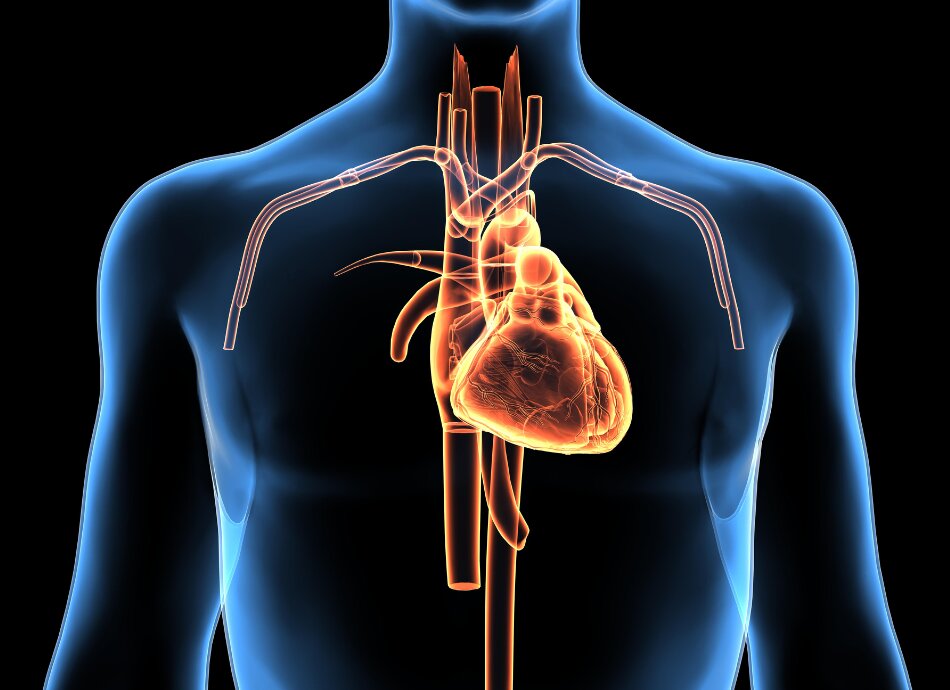If you have advanced heart failure, it's likely that you won't get any better. Your doctor will suggest palliative care treatment to make sure you are living in comfort and to improve your quality of life.
Palliative care aims to manage any distressing symptoms you may have and enables you and your whānau to make decisions about how you wish to spend the remainder of your life. Your doctor is likely to refer you to a palliative care team to talk about some of the choices you may want. Read more about palliative care.
It is a good idea to plan your future health care and end-of-life care to help prepare you and your whānau for what the future might hold. This is especially helpful if you can no longer speak for yourself, eg, if you get very sick. It also helps your healthcare team know what health care you want or don't want. This is known as advance care planning.
If you have advanced heart failure and are towards the end of your life, your doctor may stop your heart failure medicines as they are no longer effective in managing your symptoms.
Instead, your doctor may prescribe medicines to relieve your symptoms, such as:
- pain relief medicines to control your pain
- morphine or benzodiazepines to control your breathlessness
- antiemetics if you have nausea or vomiting
- laxatives if you have constipation.
Read more about common symptoms in palliative care.






